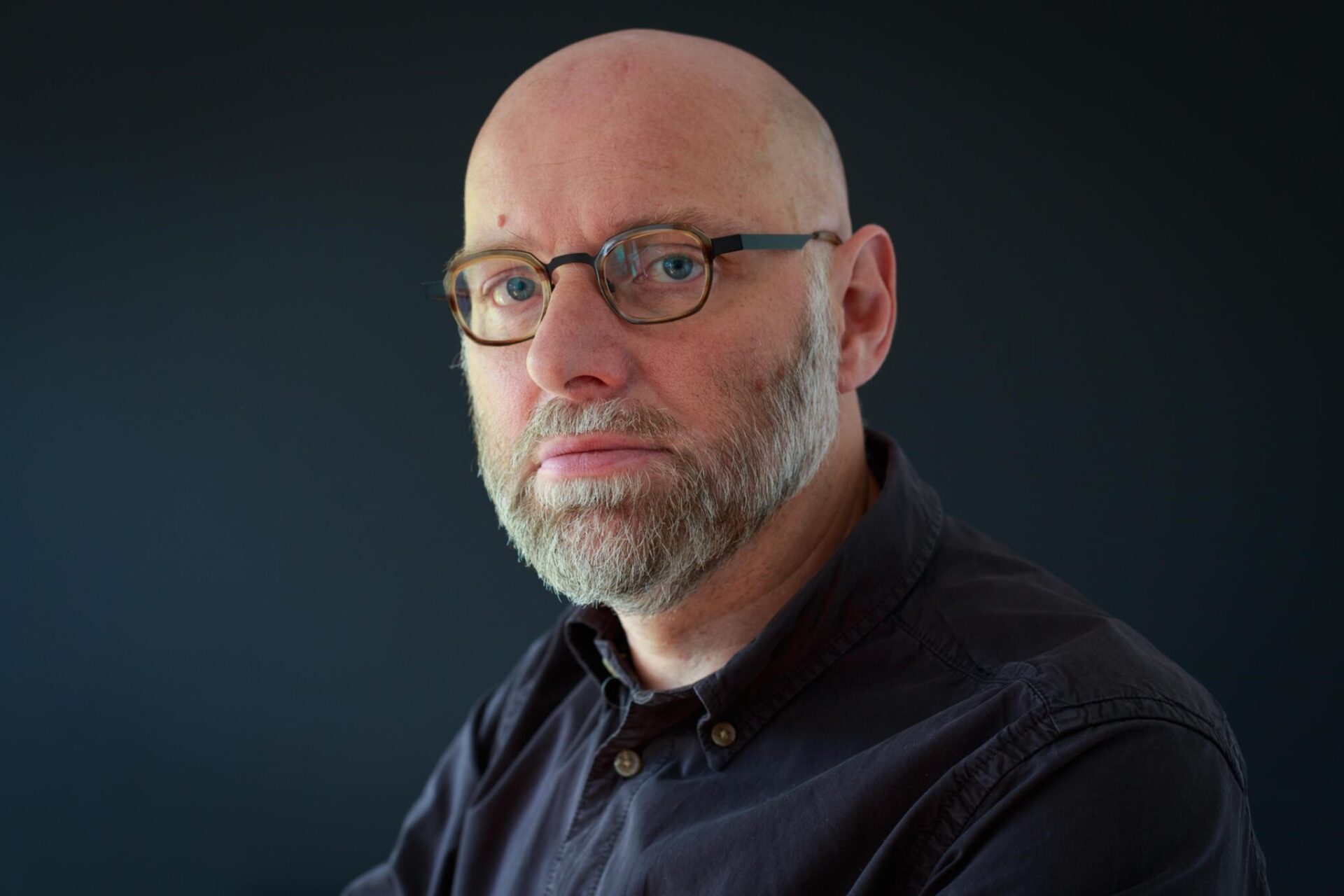On August 21 in Montreal, Professor Luc De Raedt (KU Leuven, Örebro University, and Wallenberg Guest Professor in WASP) delivered a keynote address at IJCAI 2025, one of the world’s premier artificial intelligence conferences. His presentation, “Neurosymbolic AI: Combining Data and Knowledge,” explored how logic, probability, and neural networks can be brought together to create AI systems that not only learn from vast amounts of data but also reason about what they know.
Today’s dominant AI models are powerful but primarily data-driven, often overlooking structured knowledge and reasoning. Luc’s keynote challenged this approach, presenting a high-level recipe for integrating background knowledge into neural network models:
- Neural predicates at the symbolic level
- Logical knowledge layers to guide and constrain learning
- A probabilistic interpretation that provides quantitative and differentiable connections between symbolic and subsymbolic levels
This framework is at the heart of Neurosymbolic AI, a rapidly advancing field often described as the “third wave” of AI. It promises explainable, trustworthy, and safe systems that combine the adaptability of machine learning with the rigor of symbolic reasoning.
Connecting IJCAI to Sweden
Luc De Raedt’s leadership in this area extends beyond IJCAI. He is part of the program committee for the Wallenberg Advanced Scientific Forum 2026 , an invitation-only workshop that will gather leading international researchers at Rånäs Castle in Sweden from March 17–20, 2026.
WASF focuses on the foundations of neurosymbolic AI, tackling key questions about mathematical guarantees, reasoning capabilities, safety, and integration with databases, knowledge graphs, and reinforcement learning. Building on the success of the first FANeSy workshop held in Chile in 2024, this forum will bring together top experts from multiple disciplines to define the theoretical underpinnings of future AI systems.
For Sweden’s Wallenberg AI, Autonomous Systems and Software Program (WASP), hosting this dialogue is part of a larger effort to position Sweden as a leader in trustworthy, next-generation AI research.
Published: September 3rd, 2025



